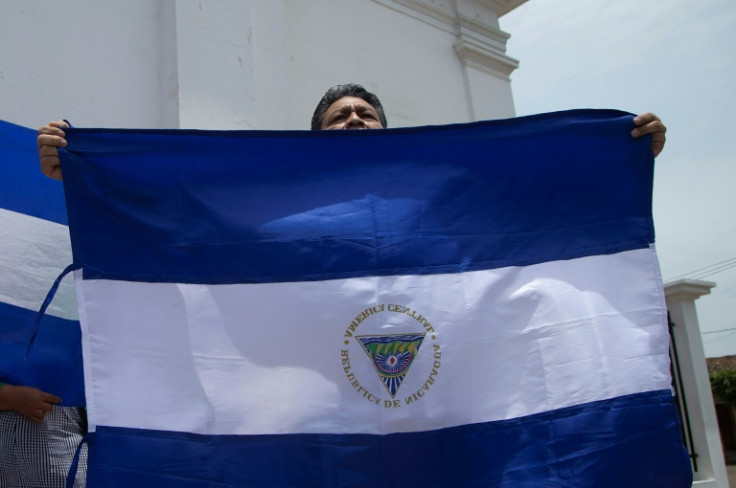
Human rights violations and the persecution of the opposition in Nicaragua have worsened and forced many to abandon the country, according to a United Nations panel of experts.
The Group of Human Rights Experts on Nicaragua (GHREN) gave a presentation to the Human Rights Council in Geneva and said a "new wave" of human rights violations has taken over the country in the last six months.
In a bid to muzzle dissenting voices, the country has seen increased persecution against opponents and human rights defenders. Harassment, constant surveillance and arbitrary detention have forced many defenders and opponents to abandon the country, the report said. However, leaving Nicaragua does not put an end to their problems, as they then face arbitrary deprivation of their nationality and the confiscation of assets. Their relatives left behind also face the risk of intimidation, the experts noted.
"We have observed the intentional and severe deprivation of economic and social rights, in particular the right to education and academic freedom," said Jan-Michael Simon, Chair of the GHREN.
Nicaragua's education sector is also facing the effects of heightened persecution because educational institutions are being seen as venues where dissenting voices are rallied.
The government has canceled the legal status of private universities and has expelled or harassed students if they are considered to be opposing the authorities.
Around 27 higher education institutions have been canceled or confiscated in the clampdown. The country's well-known Central American University was seized last month and accused by the government of being "a center of terrorism organized by criminal groups."
"Today, the university sector of Nicaragua as a whole no longer has independent institutions. Nicaragua is being stripped of its intellectual capital and critical voices, leaving the country's prospects and development on hold," Simon added.
A statement from Volker Türk, UN High Commissioner for Human Rights, at the 54th session of the Human Rights Council said the government is also violating one's freedom of religion and belief by targeting mainly, but not only, the Roman Catholic Church.
The violations "include coercive and arbitrary criminal and administrative sanctions, harassment, and detentions of both priests and worshippers," Türk said.
"To date, 71 people remain arbitrarily detained in Nicaragua, having been tried and sentenced without due process guarantees," Türk added. "One, Bishop Roland Alvarez was sentenced to 26 years in prison without any trial at all. We have also documented the incommunicado detention of numerous individuals for up to 18 months."
The experts said that the violations and persecution "constitute prima facie the crime against humanity of persecution on political grounds." They asked the Nicaraguan government to allow independent and neutral organizations such as the International Committee of the Red Cross to gain access to the detention centers where "real or perceived opponents" are being held.
The experts also asked the government to cooperate with the group and allow them access to the country.
© 2025 Latin Times. All rights reserved. Do not reproduce without permission.




